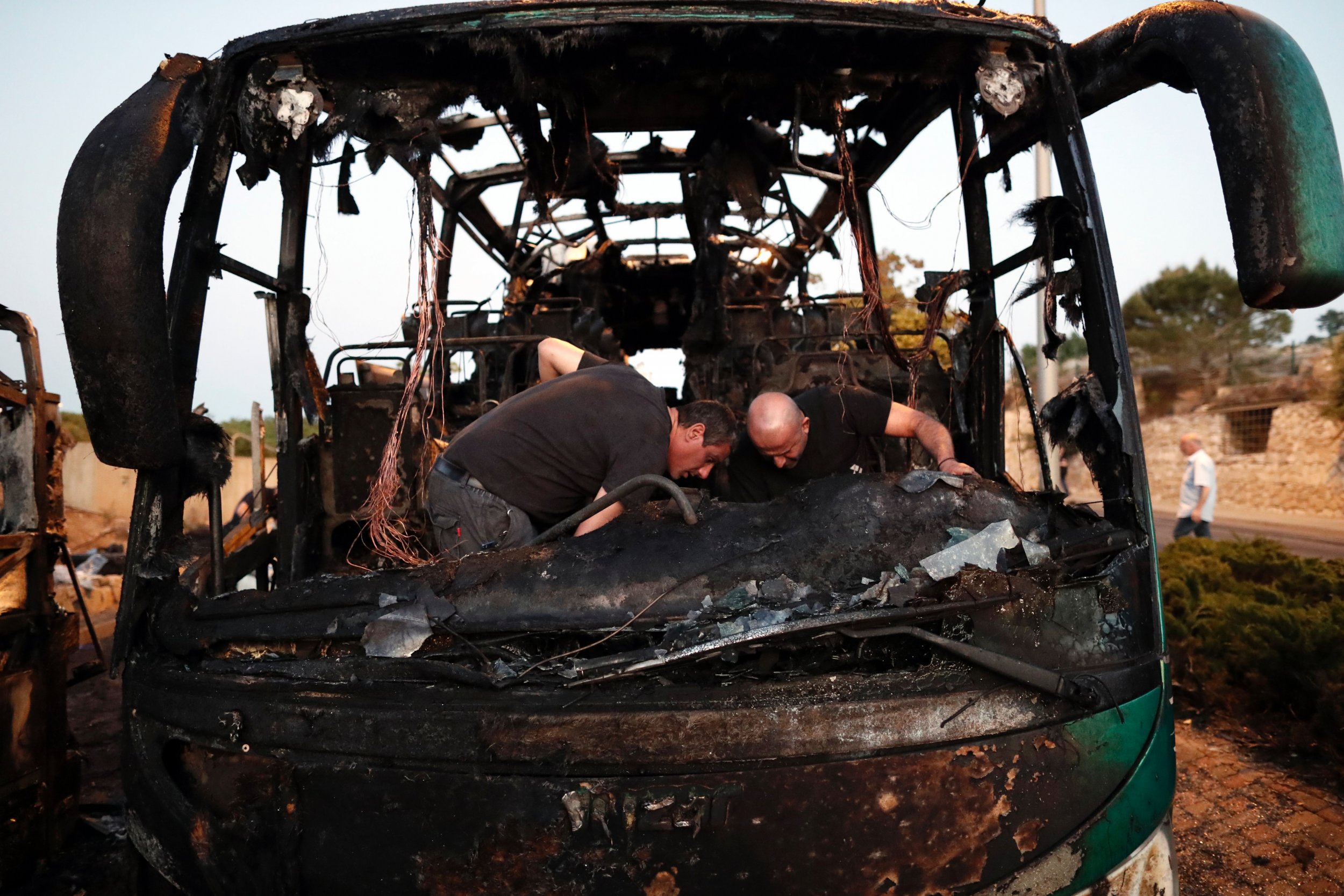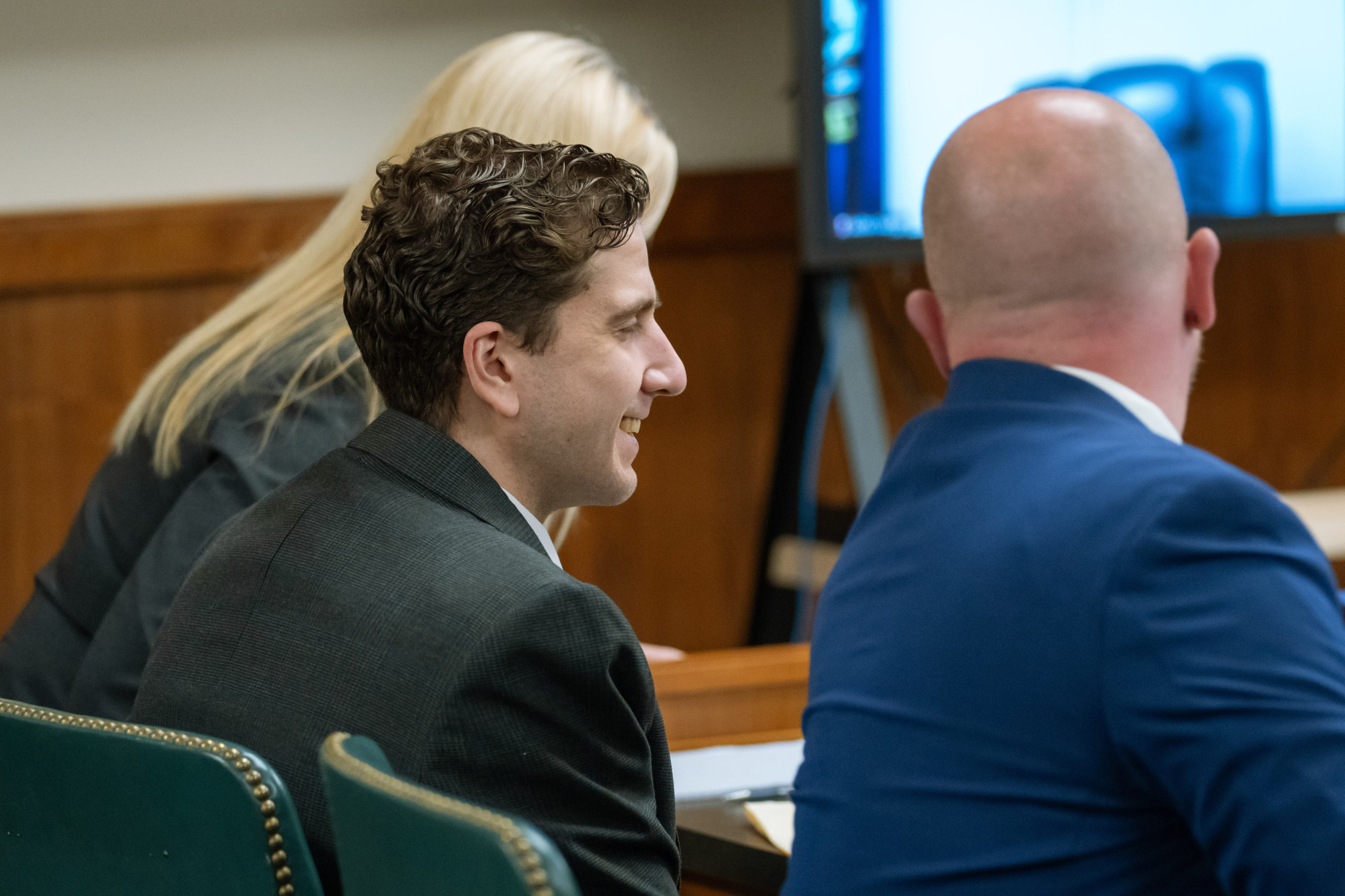
The Monday bus bombing in Jerusalem seemed to validate early Israeli concerns with escalation in Palestinian violence on the eve of the Jewish Passover. Sadly, deploying a large number of Israeli security forces failed to spare over a dozen innocent civilians the painful consequences.
This act of terror, and the fact that it was not detected, intercepted, and foiled, is significant to the broader picture as well. It reminds us that there is no status quo: absent an Israeli initiative to change the basic Israeli-Palestinian equation, extremists on both sides will set the agenda.
It is also a reminder of the importance of Palestinian-Israeli security coordination. As several heads of Israeli security agencies have reported to the Knesset, were it not for the effective, professional performance of the Palestinian security agencies, we would have experienced many more such bloody acts.
It is the U.S. Security Coordinator, supported by the Royal Jordanian armed forces that shoulders primary responsibility, and deserves much of the credit for the professionalism of those forces.
However, adequate training and equipment are but one prerequisite for effective performance. Motivation and public support are as important.
It is for this reason that Israelis responsible for West Bank security are the first to acknowledge that Israeli security measures are essential, but not enough.
Over two hundred retired Israeli generals, and their Mossad, Shabak and Police equivalents, all members of Commanders for Israel's Security (CIS) , share that premise. They designed a comprehensive plan to address Israel's immediate security needs even before dealing with their more demanding commitment to separating with the Palestinians in a two state reality.
According to this "Security First" plan, proposed new security measures are to be supplemented by specific steps to improve the lives of all Palestinians; and revive hope by clarifying Israel's intentions regarding the fate of the West Bank and East Jerusalem.
Among the security measures recommended is the completion of the Security Barrier, as the unfinished sections serve for illegal entry into Israel of some 50,000 Palestinians. Without changing the current IDF deployment, the plan calls for treating that Barrier as an interim border with effective monitoring throughout and strict vetting procedures at the passages. The plan also suggests venues for reducing friction between Israelis and Palestinians east of the Barrier.
Among the steps that are to generate hope, is a recommendation that the government of Israel reaffirms its commitment to a two state agreement by declaring that it has no claim to territory east of the Security Barrier and by freezing all settlement expansion there.
For Jerusalem the plan proposes measures for restoring law and order to Palestinian neighborhoods with no police presence. Those criminal safe heavens feature not only drugs, prostitution and violence, but abundance of weapons— – all must be cleared. The creation of a semi-autonomous, sub-municipal administration, vested with full authority for the management of Palestinian neighborhoods, is another measure proposed. The plan also calls for an Israeli lead-contribution to a new international fund for the development of Eeast Jerusalem. Lastly, it suggests an Israeli acknowledgement that Palestinian neighborhoods in East Jerusalem will be part of Palestine.
The plan spells out specific measures to prevent a humanitarian crisis in Gaza and stabilize the ceasefire there by addressing urgent water and electricity shortages; reducing unemployment; and preparing for an off-shore port facility. Concurrently, the plan spells out far reaching measures to facilitate economic growth and otherwise improve quality of life on the West Bank.
The plan is based on the premise that to contribute to Israeli security, the Palestinian Authority must be strengthened and the motivation of the Palestinian public and security agencies to check extremists in their midst must be enhanced. To accomplish that, the plan must be executed in its entirety, that is: the proposed security measures, civic-economic steps, and path-clarifying political declarations must all be featured; and they are to apply concurrently to the West Bank, Jerusalem and Gaza.
Based on their cumulative 6,500 years of security experience, the over 200 CIS members are convinced that nothing short of the combined implementation of the proposed "package" will do; that Israel can and must seize the initiative; and that changing dynamics on the ground contributes to Israel's security. They further argue that restoring the credibility of Israel's commitment to the two-state solution will enhance international support for its insistence on that which is essential for its security.
In a few weeks the elaborate "Security First" plan will be submitted to the government, Knesset and the Israeli public in the belief that its early adoption can arrest the wave of violence; prevent escalation; restore some normalcy to the lives of Israelis and Palestinians, all while preserving conditions for an eventual separation into two sovereign states.
Maj. Gen. (ret.) Amnon Reshef is the founder and chairman of Commanders for Israel's Security (CIS) and the former commanding general of the IDF Armored Corps.
Uncommon Knowledge
Newsweek is committed to challenging conventional wisdom and finding connections in the search for common ground.
Newsweek is committed to challenging conventional wisdom and finding connections in the search for common ground.
About the writer
To read how Newsweek uses AI as a newsroom tool, Click here.








